Knowing what the best iPhone for you is can be tough. There are different models that are perfect for different types of people. Fortunately, while Apple doesn't make as many phones as some companies, all of its handsets are great.
Times are changing soon with the iPhone 13 heavily tipped to be launching in September. Suggestions are that the lineup will include the iPhone 13, iPhone 13 Pro, iPhone 13 Pro Max, and iPhone 13 mini with similar prices to the iPhone 12 and the possibility for superior 120Hz refresh rates on the more high-end models. There may be new colors to consider too and of course, expect speed upgrades and a better camera and battery.
For now though, the current iPhone range is more than respectable enough with Apple supporting its phones for a long time. Older models remain a viable option for quite a while, so there's a surprisingly large number of great iPhones to choose from.
The latest and greatest at the moment is the iPhone 12 available as the standard iPhone 12, premium iPhone 12 Pro, massive iPhone 12 Pro Max, and the compact iPhone 12 mini.
Alternatively, there's the more affordable and smaller iPhone SE (2020) as well as older iPhones including the iPhone 11 and iPhone XR. Apple still sells these and a number of others that have been discontinued can still be found in third-party stores.
We've ranked every model that's readily available from Apple or elsewhere. You'll find all the key things you need to know about each phone including an overview of it, the main good and bad points, plus a full specs list too.
Of course, if you’re not set on an Apple phone specifically then there are loads of other options. Check out some of our other guides below to see some of the best alternatives.
- Best phone | Best Android phone | Best cheap phone | Best phone plans
- These are the best iPhone deals you can find right now
Best iPhone: which one should you buy today?
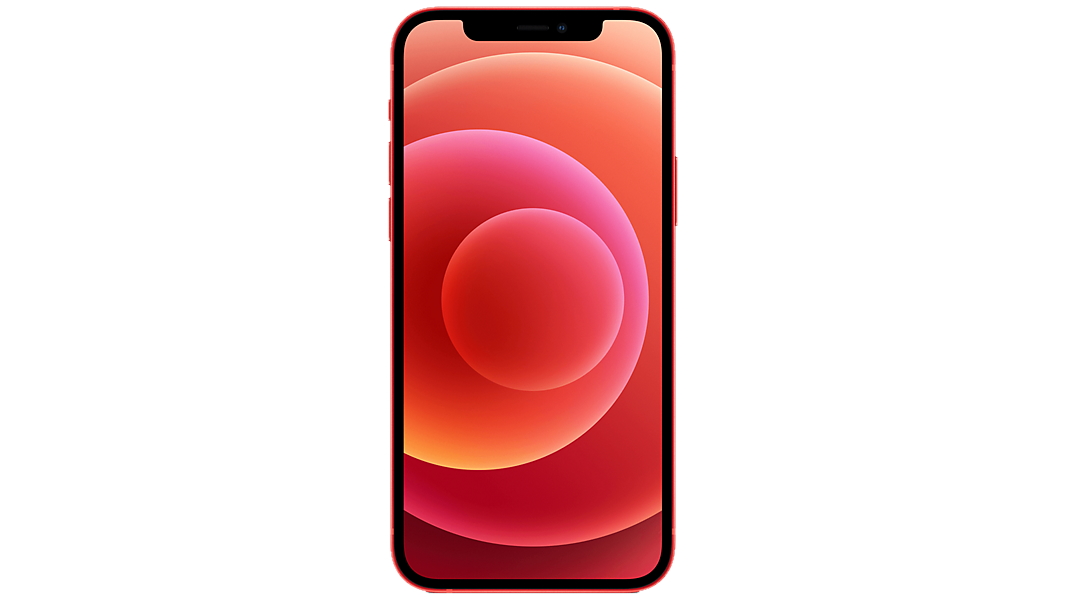
More expensive than the iPhone 11, the iPhone 12 makes up for that price hike with a wealth of new features that should prove useful in the coming months and years.
That includes future-proofing courtesy of 5G support and the addition of MagSafe connectivity which enables you to attach things to your phone such as a charger or a case.
The camera might be a little too similar to last year's iPhone and the battery life remains merely okay, but there's no denying that the iPhone 12 is a superior beast than the phones that have come before.
Design wise, it's returned to some of the stylings of the iPhone 4 or 5 and that's actually a good thing, feeling comfier in your hands. There's also the overdue switch to a colorful OLED display which reminds us again that Apple knows how to create a stylish looking as well as future-proof device.
Read our in-depth iPhone 12 review
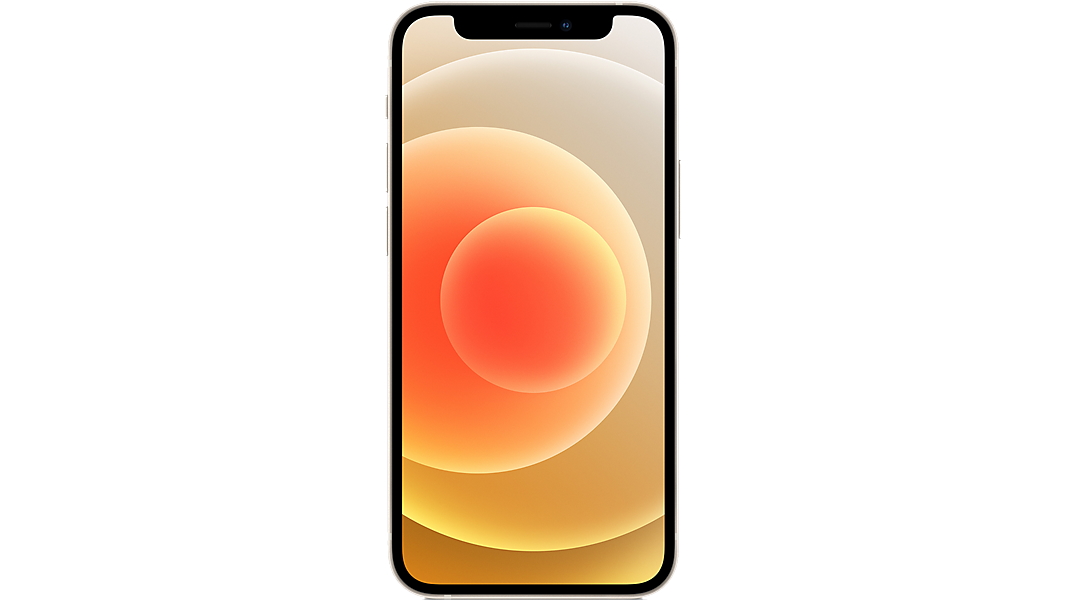
Apple has introduced an iPhone mini for the first time in its history of making handsets, and it's almost exactly the same as the iPhone you've just read about above but it's smaller.
There are a number of tiny spec differences - for example, wireless charging is notably slower on the iPhone 12 mini - but otherwise you're getting top-end spec such as the powerful rear camera, 5G support and MagSafe support as well.
The design makes this phone easy to hold in a single hand, so if you've been crying out for a smaller iPhone that doesn't lose out on the top-end specs that you get from other Apple devices this may well be for you.
As with the iPhone 12, the display is also fantastic on this handset too. You may not enjoy the battery life as that isn't fantastic on the iPhone 12 mini, but if that's your main focus you'll like one of the phones coming up below.
Read our in-depth iPhone 12 mini review
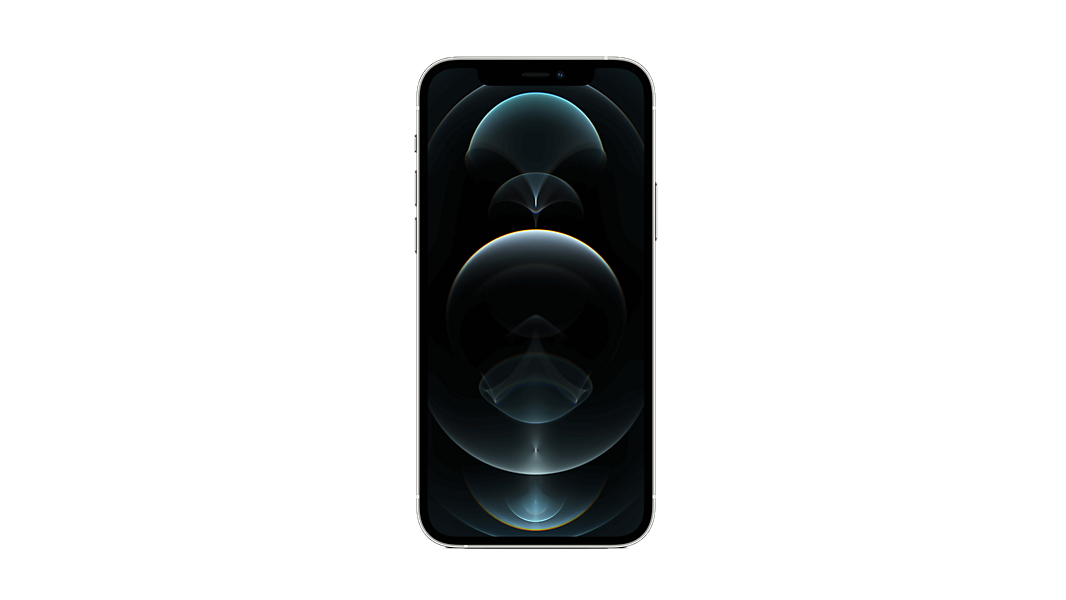
More advanced than the iPhone 12 and iPhone 12 mini, the iPhone 12 Pro is also more expensive and has better specs than the standard model. The internals are better, and there's a superior camera.
A fourth sensor alongside the standard iPhone 12 fare in the form of a LiDAR scanner makes it easier for the iPhone to work out what it's looking at, doing a great job of detecting faces in low light situations.
The iPhone 12 Pro also has a RAM boost - up to 6GB from 4GB - and that's sure to help you get the most from whatever you're doing on your phone. If you're looking to edit videos on your phone, the iPhone 12 Pro is ideal for such a purpose.
Elsewhere, it's business as usual for the iPhone 12 Pro offering much of what the iPhone 12 already has for less, but if you want that extra oomph, it's an impressive upgrade. For a price.
Read our in-depth iPhone 12 Pro review
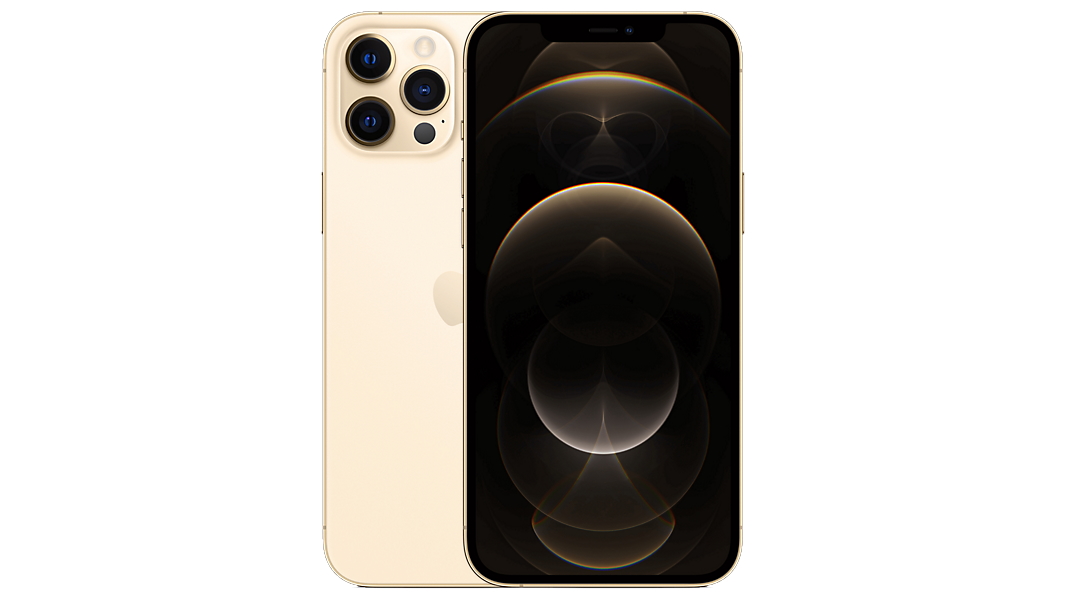
After the very best iPhone that money can buy? The iPhone 12 Pro Max is exactly that, and we loved everything it can do. It takes a lot of what makes the three phones you can read about above and just tweaks a few elements to make it even better.
So why is it so low in our list of the best iPhones? This is an expensive handset, and the sheer size of this handset means it won't be for everyone.
If you're happy to spend money on it, and you want a phone with a mammoth 6.7-inch screen then you'll be happy with the iPhone 12 Pro Max in your pocket. A lot of what we've said about the iPhone 12 Pro is true here, but there are a few benefits.
The battery life is better in the iPhone 12 Pro Max when compared to the other iPhones on this list, and you'll also find it has a slightly more powerful rear camera than even the iPhone 12 Pro.
If you want the very best, you'll have to pay for it. If you're happy to, this is the best iPhone for you right now.
Read our in-depth iPhone 12 Pro Max review
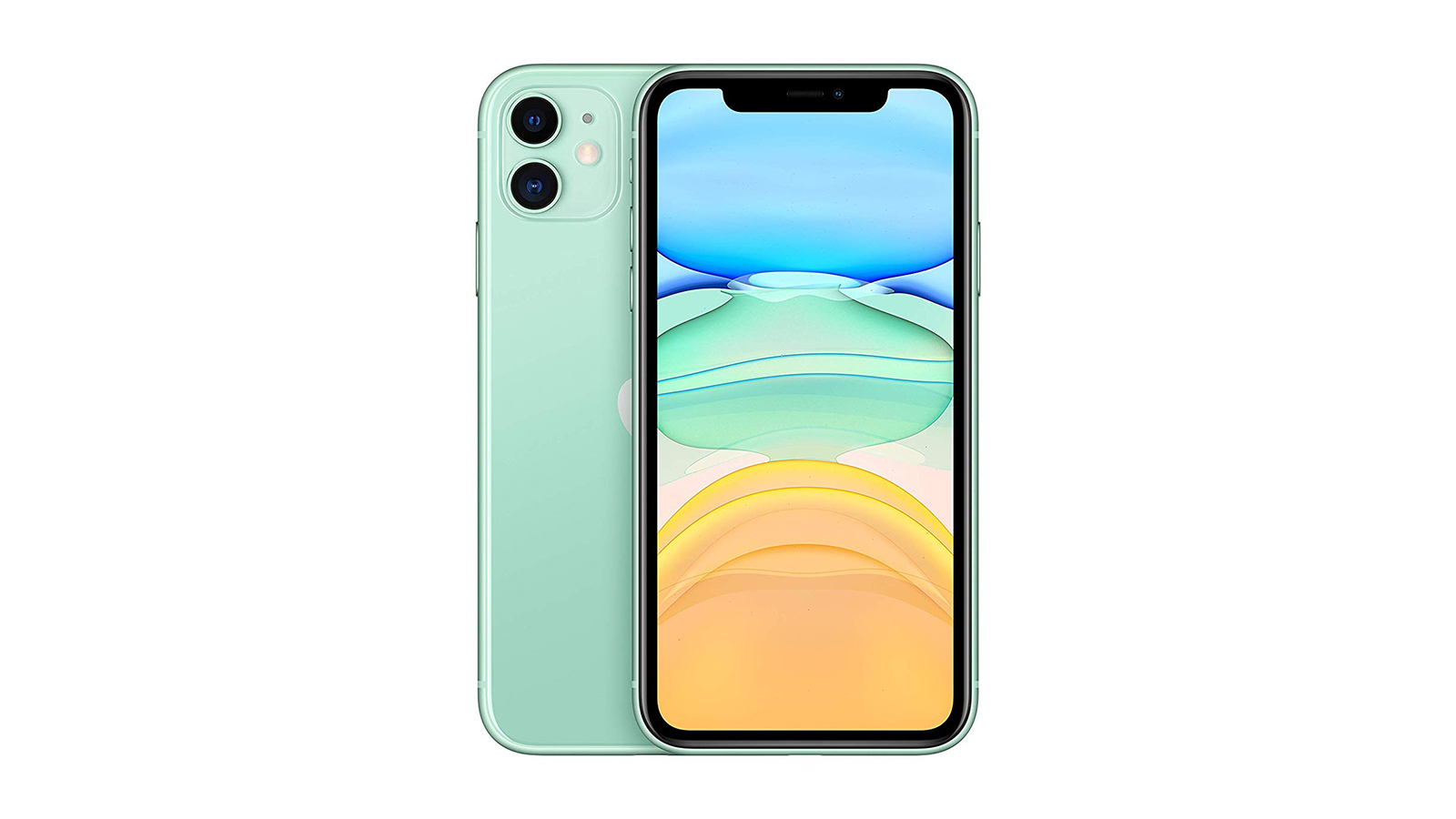
The iPhone 11 isn't the highest-spec Apple phone, but it supersedes the iPhone XR 'budget flagship' in better ways to become the standout phone of its generation in terms of sheer value.
Before the introduction of the iPhone 12, this was our favorite iPhone. True, it misses out on a telephoto lens, but like we found with the Samsung Galaxy S10e, a coupling of main and ultrawide lenses serve most photo needs.
While it doesn't get an OLED display, its LCD screen at least allows the phone to keep its best-in-generation battery life crown. And it even gets a bit more RAM - up to 4GB from its predecessor's 3GB.
Add in iOS 14 and all the new tweaks coming in the iPhone 11 series and this phone is a lean, mean, photo-taking machine.
Read our in-depth iPhone 11 review
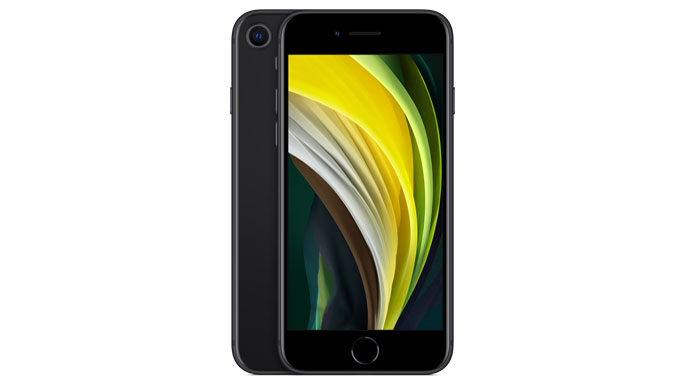
Unveiled in April 2020, the new iPhone SE may look like an older iPhone but it comes with a lot of benefits over the rest of the range. The chief reason you may want to buy this is it's the cheapest iPhone you can buy from Apple right now.
It comes with the same design as the iPhone 8, but this has upgraded internals such as an A13 Bionic chipset that is the same we've seen powering the three phones you'll find above in this list.
It also comes with a Touch ID fingerprint scanner, which is something we haven't seen on recent iPhones. The camera is good on this phone, but won't compete with the very top iPhones and it has an average battery life too.
Overall, if you're looking for a cheaper alternative to the devices you've read about above you'll love the iPhone SE.
Read our in-depth iPhone SE review
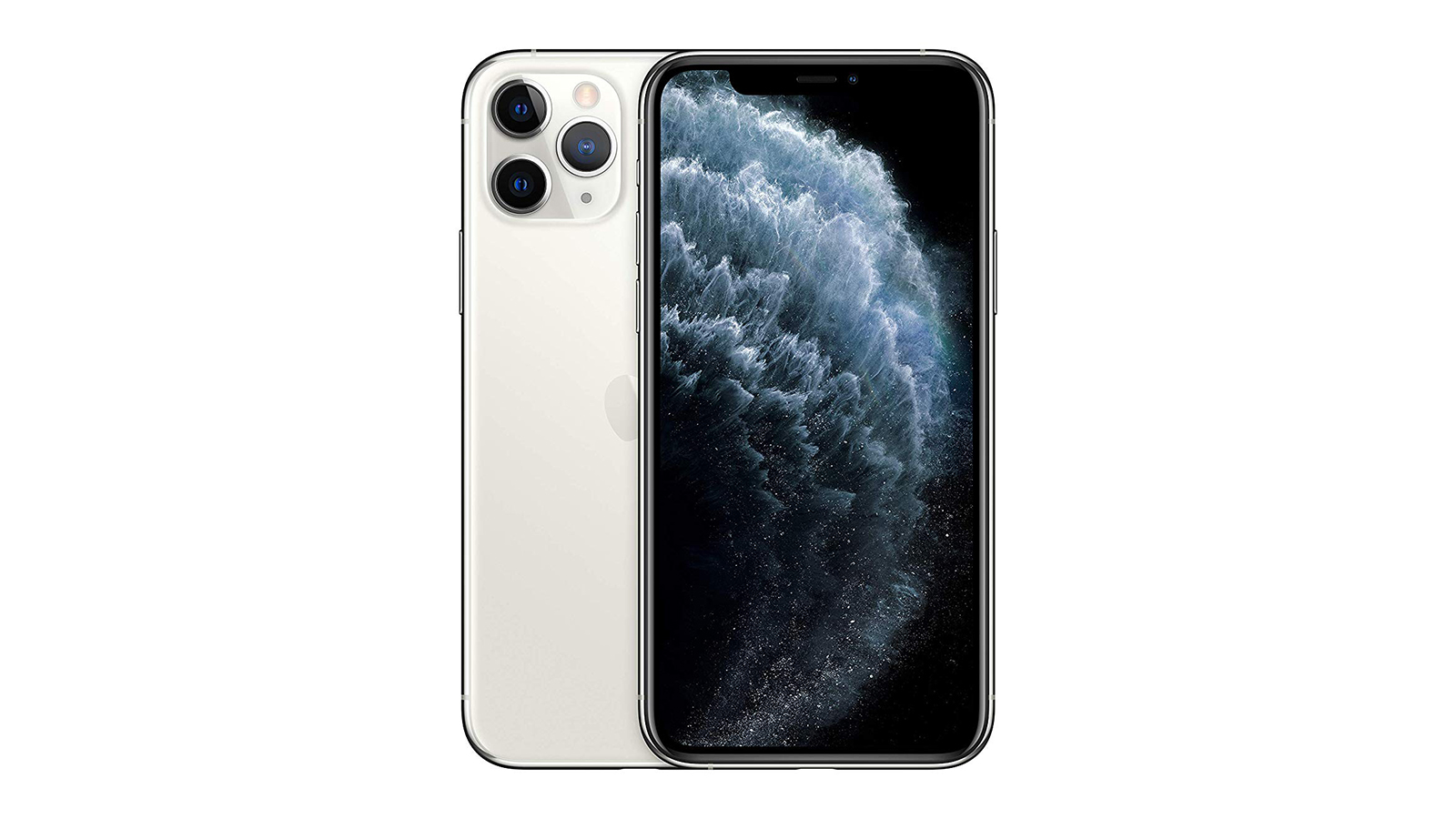
The iPhone 11 Pro is a more advanced smartphone than the base iPhone 11, but it arguably isn't a better iPhone if you factor in the higher price.
Sure, the smaller screen is one-hand-friendly, the screen quality is a bonus, and it's Apple's most affordable handset with three rear cameras, so it's a decent phone all in all – that's why it once sat in the second spot on this list of our best iPhones.
But money is a concern for most people when they're looking for a new smartphone, and the big price step up may be questionable for most people when you put the stats side-by-side with the iPhone 11.
You can now find it cheaper since the debut of the iPhone 12 Pro though, so you may want to consider this over the latest handset.
Read our full iPhone 11 Pro review
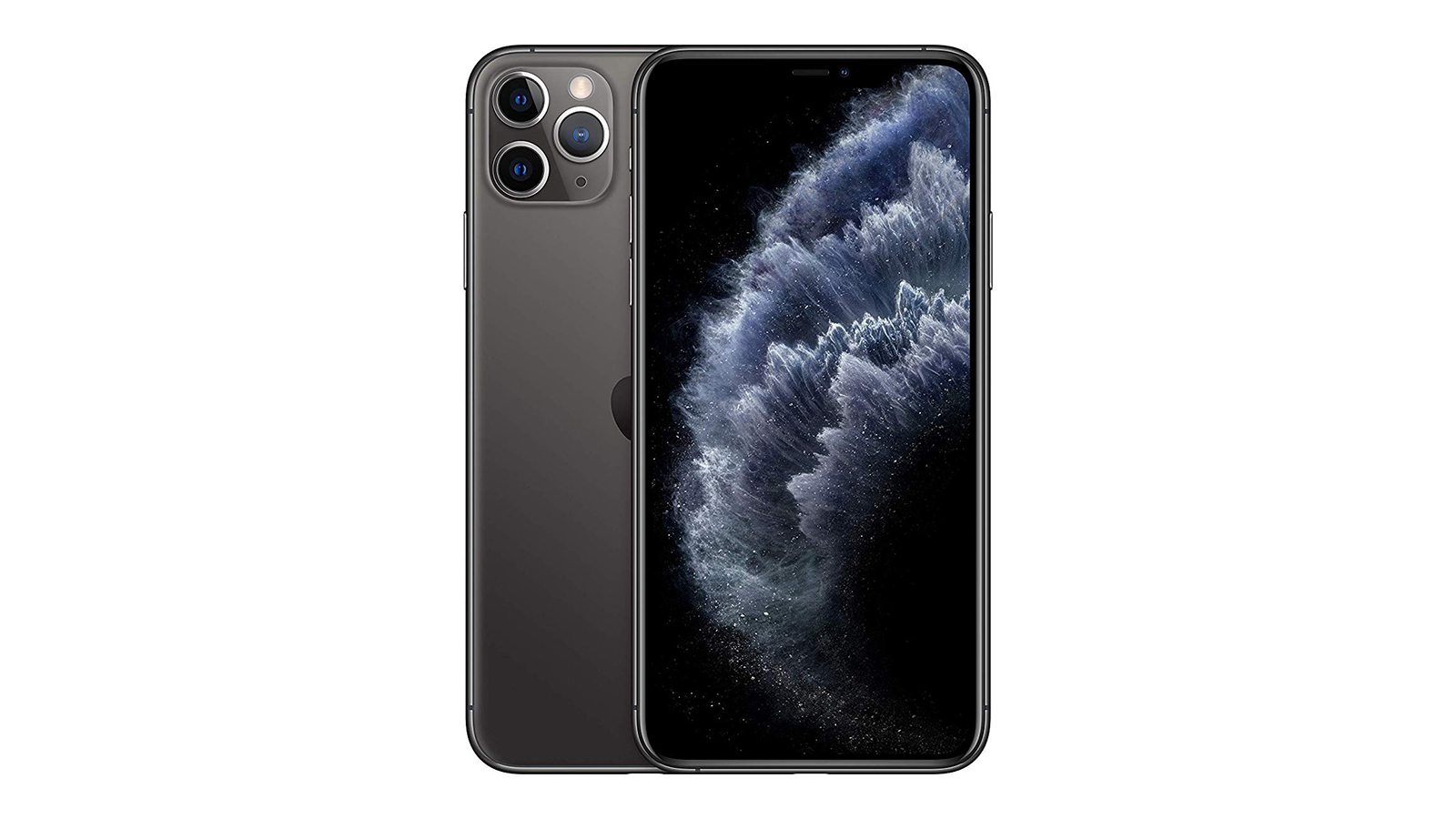
The iPhone 11 Pro Max was not only a confusing shift in naming convention - it was once the biggest, fastest, baddest iPhone out there. It was also the most expensive at a $1,099 starting price, which only went up if you expanded the storage. Of course, that price has gone down with the launch of the iPhone 12 range.
Not much changed from the iPhone XS Max, aside from the upgraded camera suite - but then again, adding an ultrawide lens is a big upgrade. The photo software has been upgraded, too, and switching between zoom levels is far smoother here than in other phones.
The battery level has been improved a staggering 4 hours over the iPhone XS Max, which holds true in our testing. And if you can get beyond the weird-looking triple-lens rear camera block, this is a slightly cheaper version of the iPhone 12 Pro Max above.
Read our in-depth iPhone 11 Pro Max review
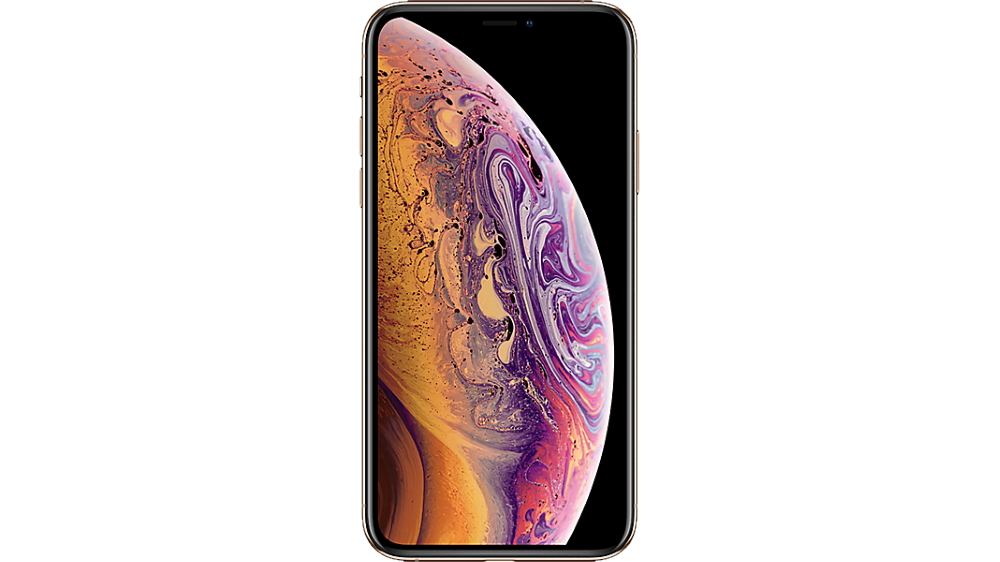
Believe it or not, the iPhone XS was once Apple's best 'small' phone. It has a 5.8-inch screen, so it's more one-hand-friendly than a lot of the larger phones on this list, but it still packs a punch in terms of spec.
The iPhone XS may be a little older now, but it has a Smart HDR-capable 12MP camera, enhanced TrueDepth front-facing camera, and a fast A12 Bionic chipset, exactly like the larger iPhone XS Max.
In fact, this all-screen phone is pretty much the iPhone XS Max in a smaller form factor. It does have a smaller battery than the Max and obviously a smaller screen, but you will still capture the same great photos and videos on this device and play the same games.
Plus, it's cheaper than it used to be when it was the latest and greatest iPhone.
Read our in-depth iPhone XS review
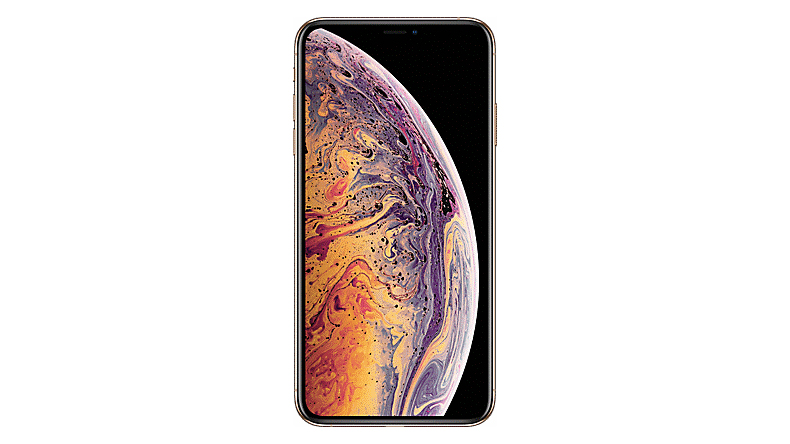
This was once the very best iPhone if your hands and wallets were large enough. It has an expansive 6.5-inch OLED screen with HDR10 support to make colors pop. It's the perfect phone if you want a giant screen, but it has now been replaced by the iPhone 11 Pro Max and 12 Pro Max we've mentioned above.
Behind that huge screen is a dual-lens 12MP camera. Apple outfitted it with Smart HDR and increased the sensor size to capture larger pixels. Don't let that static 12MP number fool you. The iPhone XS Max (like the XS) has depth-sensing capabilities for adjustable bokeh (background blur) during and after a shot.
The TrueDepth camera returns with faster Face ID recognition, and your 7MP selfies get better depth control and Smart HDR, too. This is now cheaper than at launch too, so it may be a good option if you want lots of spec but don't want to get the absolute latest iPhone.
Read our in-depth iPhone XS Max review
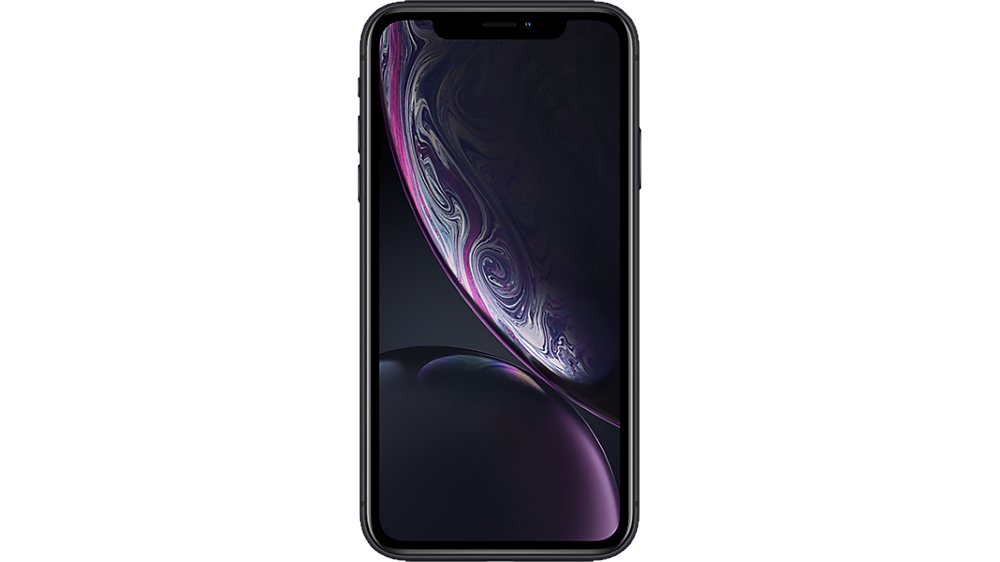
The iPhone XR is a great upgrade for the average consumer who doesn't want to pay for the most expensive iPhone money (a lot of money) can buy. This was Apple's 'cheap' iPhone until the iPhone SE 2020 came along.
It stands out with a variety of iPhone XR colors: Blue, White, Black, Yellow, Coral, Red. This contrasts heavily with the rather muted colors of the iPhone XS and iPhone XS Max. Yet it shares the same internal specs: Apple's A12 Bionic chipset and a 12MP dual-lens camera with a single lens on back.
You don't get the dual-lens camera like you do on a higher-tier iPhone, so you miss out on telephoto shots. But Smart HDR is the real perk to taking great photos, and that's here.
It's cheaper, it's more colorful and it has a big 6.1-inch screen. That's enough for most people, especially those who aren't insistent on an impressive OLED screen.
Read our in-depth iPhone XR review
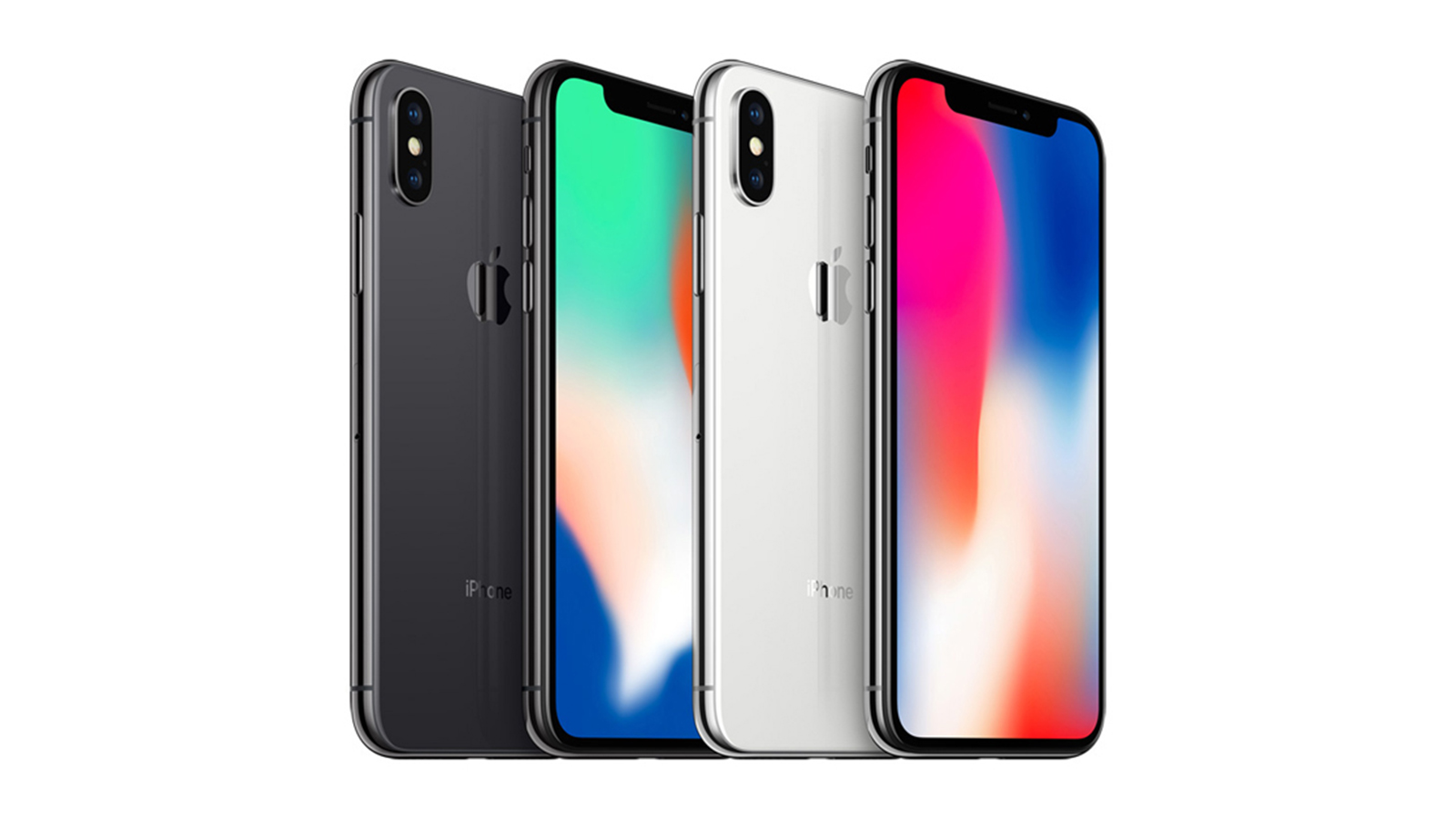
The iPhone X is as impressive as it is expensive, but if you really want a great modern iPhone without buying a newer device, this is a solid choice.
It has a large all-screen display, except for a notch cutout at the top that houses a new TrueDepth Camera. This takes selfies to another level and can also map your face to an iPhone X-exclusive Animoji. If you don't know what that is by now you probably won't care.
The iPhone X is Apple's 10th anniversary smartphone and has just about everything iPhone users have been asking for, from a more forward-leaning design to faster specs and new features. You'll just have to get used to Face ID instead of reaching for that non-existent fingerprint sensor.
Read our in-depth iPhone X review
- Get the best price with our iPhone deals guide
- Get extra security and IP spoofing with these iPhone VPN apps
from TechRadar - All the latest technology news https://ift.tt/3iKTPMQ
Aucun commentaire: